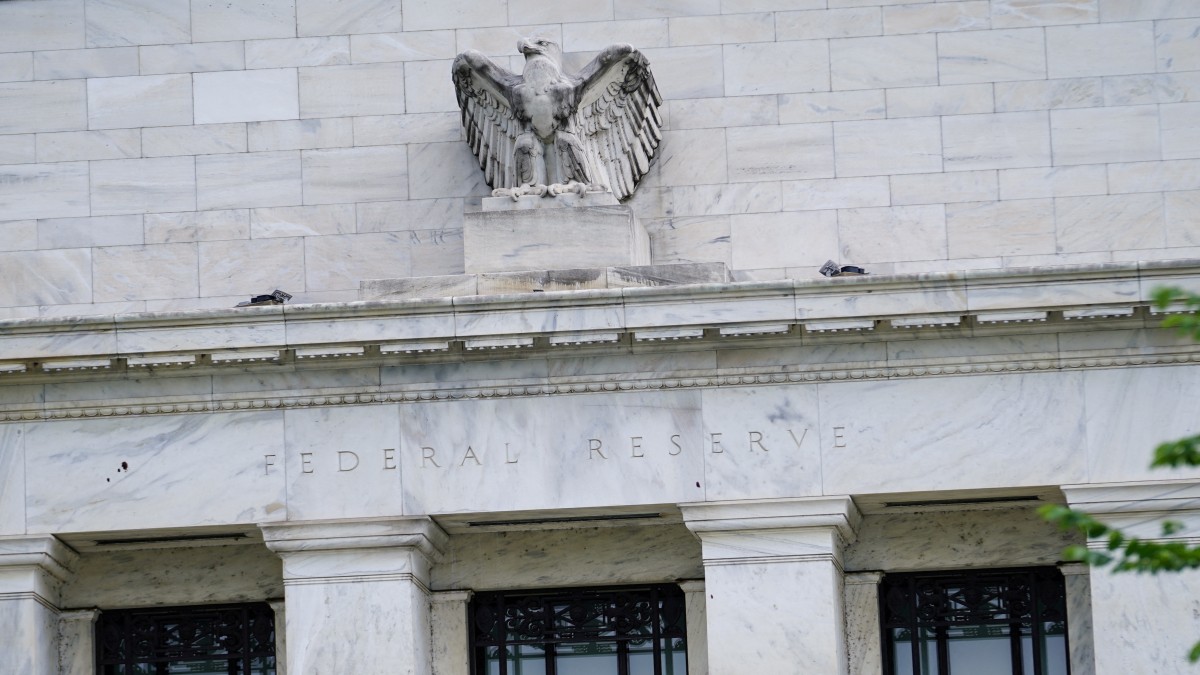The world is closely tracking updates from the United States in the lead-up to the 2024 presidential election. However, this week the focus will shift from politics to the economy. The spotlight will be on the U.S. central bank, the Federal Reserve, which is set to announce its next monetary policy move on September 18.
From small stock market investors to large hedge funds, there is great anticipation over whether the U.S. Federal Reserve will reduce its federal funds rate, the interest rate that banks charge each other to borrow money overnight. This rate is crucial for determining the cost of borrowing for both businesses and individuals. Any change in the federal funds rate can directly affect interest rates on home loans and business loans.
At present, the federal funds rate remains at a two-decade high, where it has been kept for more than a year. Market analysts widely expect that it is time for the Federal Reserve to adjust this rate. Earlier this month, a Reuters poll of economists found that a majority believe the U.S. central bank will reduce interest rates on Wednesday.
This expectation is also supported by comments from Federal Reserve Chairman Jerome Powell at the Jackson Hole symposium in Wyoming.
“The hiring and quits rates are now below the levels that prevailed in 2018 and 2019. Nominal wage gains have moderated, and all told, labour market conditions are now less tight than just before the pandemic. In 2019, a year when inflation ran below 2%. It seems unlikely that the labour market will be a source of elevated inflationary pressures anytime soon. We do not seek or welcome further cooling in labour market conditions,” said Powell.
While U.S. citizens and businesses are hopeful for some relief in loan and mortgage costs, the world is also watching closely. Any decision by the Federal Reserve has far-reaching consequences for the global economy, as the U.S. is the largest economy and its currency, the dollar, dominates world trade.
Impact Shorts
View AllThe U.S. also plays a crucial role in global lending, so when the Federal Reserve raises interest rates, borrowing costs surge worldwide, impacting emerging markets like India, Brazil, and South Africa. Their currencies weaken, imports become costlier, and inflation rises.
Why Were Interest Rates Kept So High?
In the aftermath of the COVID-19 pandemic, the Federal Reserve raised interest rates to combat the inflation surge. There were two factors behind this inflation surge: supply constraints due to lockdown and increased demand from consumers due to government stimulus. By mid-2022, the U.S. annual inflation rate rose above 9%, a level last seen during the 1980s.
Between March 2022 and July 2023, the central bank raised interest rates 11 times, pushing the federal funds rate from nearly zero to over 5%. This tightening of monetary policy helped bring inflation down but also cooled the job market.
Between May and July, the country’s overall employment consistently declined. The July jobs data rattled the stock market, raising concerns that the U.S. economy might fall into a recession.
How the U.S. Federal Reserve’s Fund Rate Impacts Globally
Any decision by the Federal Reserve has a multifaceted impact on the rest of the world. It affects other countries’ borrowing power, trade costs, and foreign investment. First, let’s talk about foreign investment. When interest rates are high in the U.S., big investors like large investment banks, sovereign wealth funds, hedge funds, and others prefer to keep their money in the U.S. as they receive higher returns.
They also invest in the U.S. Treasury securities, a debt-raising tool for the U.S. government, which provides higher returns when interest rates are higher. This leads to slower debt inflow to other countries.
According to an IMF report, recent monetary policy tightening reduced debt inflow in emerging markets and developing economies by as much as 70 percent. Twenty-six out of seventy-five countries saw investors pulling out their money.
Another impact was on the currencies of emerging markets. The sharp increase in U.S. interest rates pushed the value of the dollar higher compared to other currencies. Since 2022, the dollar has been on an upward trajectory, though it declined slightly in 2023.
This also pushed up the cost of trade for other countries, as they have to pay more to buy goods or services in dollars. It also makes it more difficult for them to repay debt. This has especially impacted low-income countries like Egypt, Morocco, Lebanon, Pakistan, Tunisia, and Zambia.
Rate Cut Impact On Emerging Markets
As the Federal Reserve prepares for interest rate cuts, analysts believe that emerging markets stand to benefit. Lower U.S. interest rates could attract capital inflows to these markets, boosting their currencies and stock prices as investors seek higher returns elsewhere.
According to a report, India and Brazil are two markets likely to benefit from the Federal Reserve’s decisions. India’s stock market has delivered over 16% gains in the past year, making the country attractive for overseas investment. Meanwhile, analysts point to recent budget cuts and tax reforms in Brazil that enhance its appeal.
As anticipation grows for the Federal Reserve’s announcement, financial market stakeholders will be carefully watching how foreign investment inflows into these countries change. Whether the decision is to cut rates or hold steady, its implications will be felt across the globe.


)
)
)
)
)
)
)
)
)



